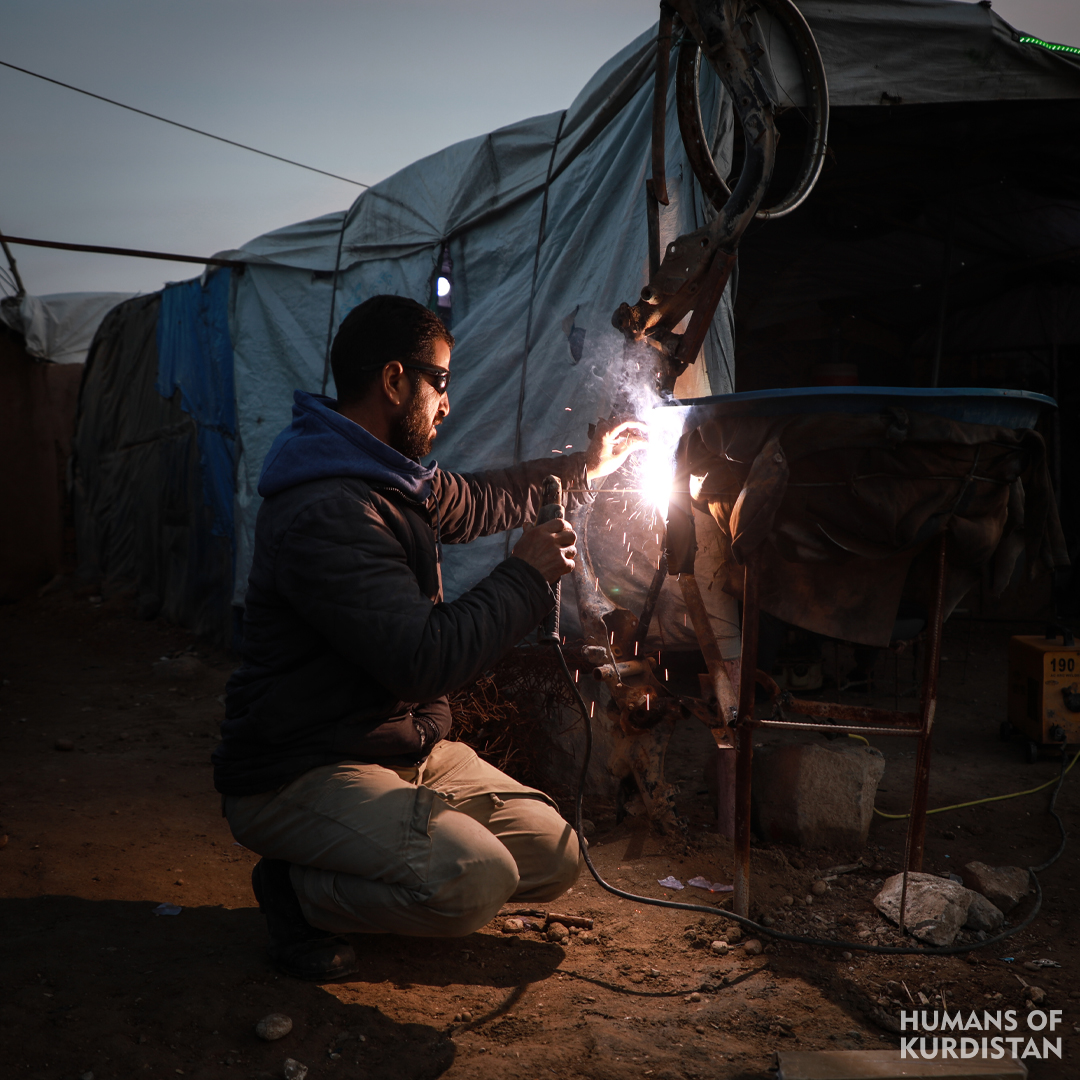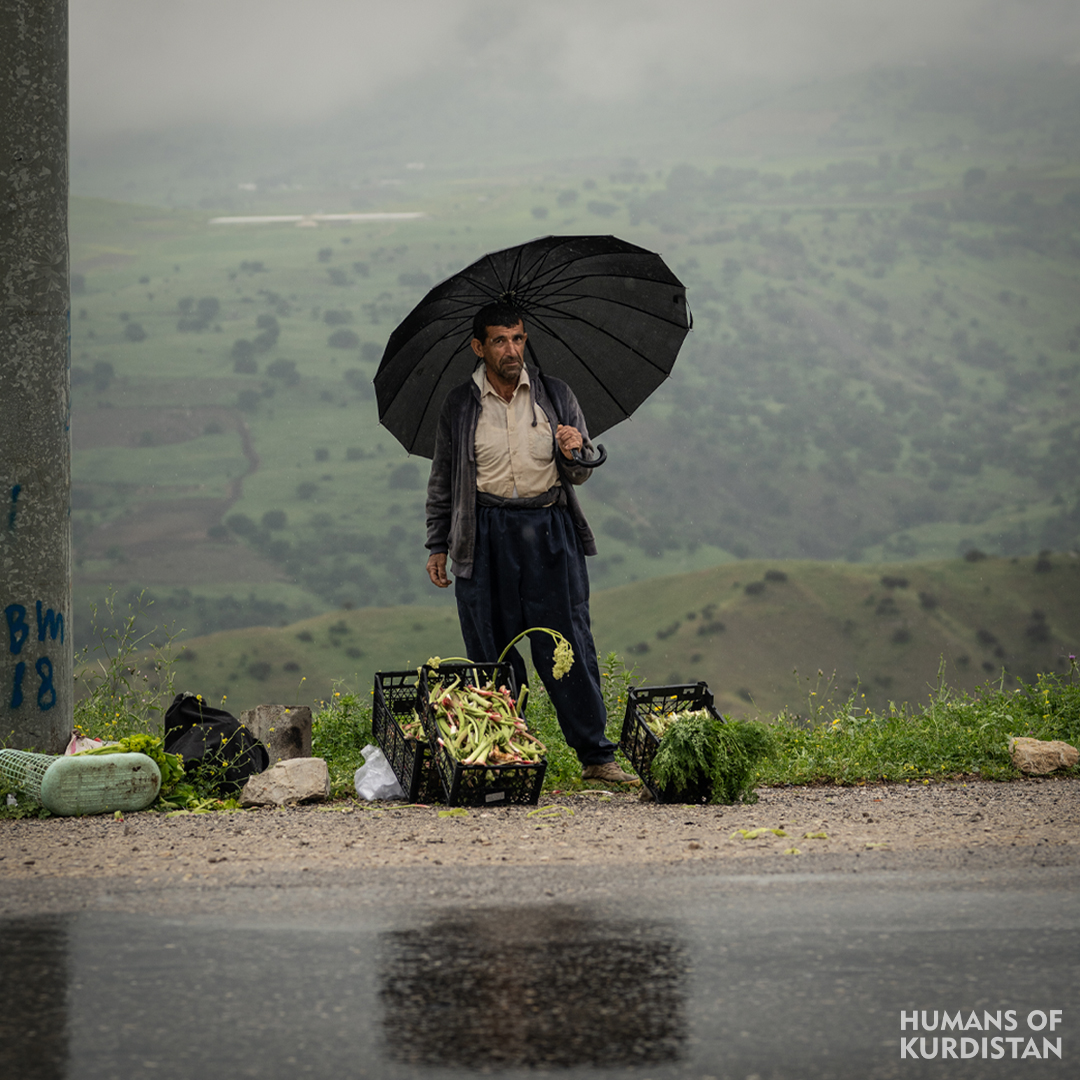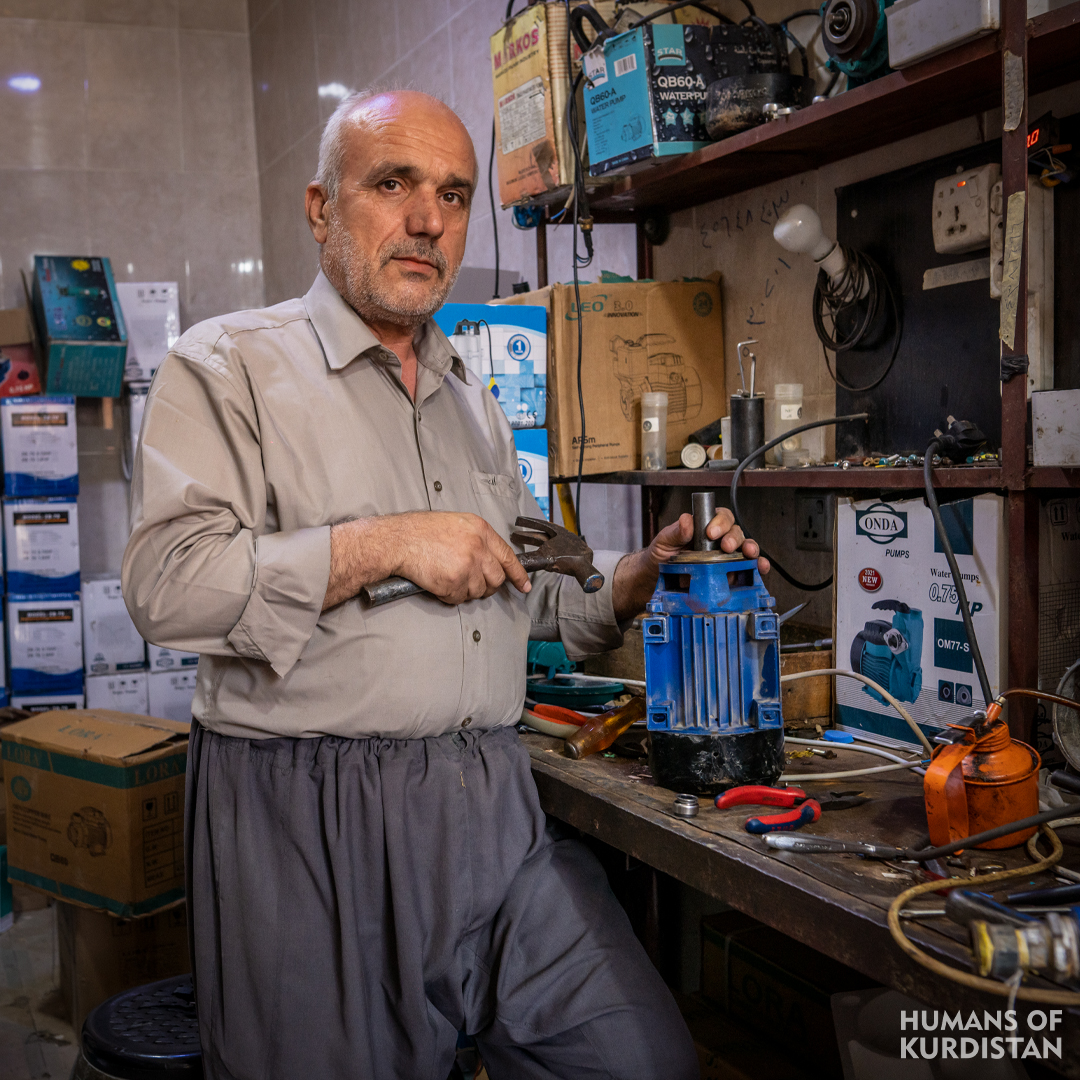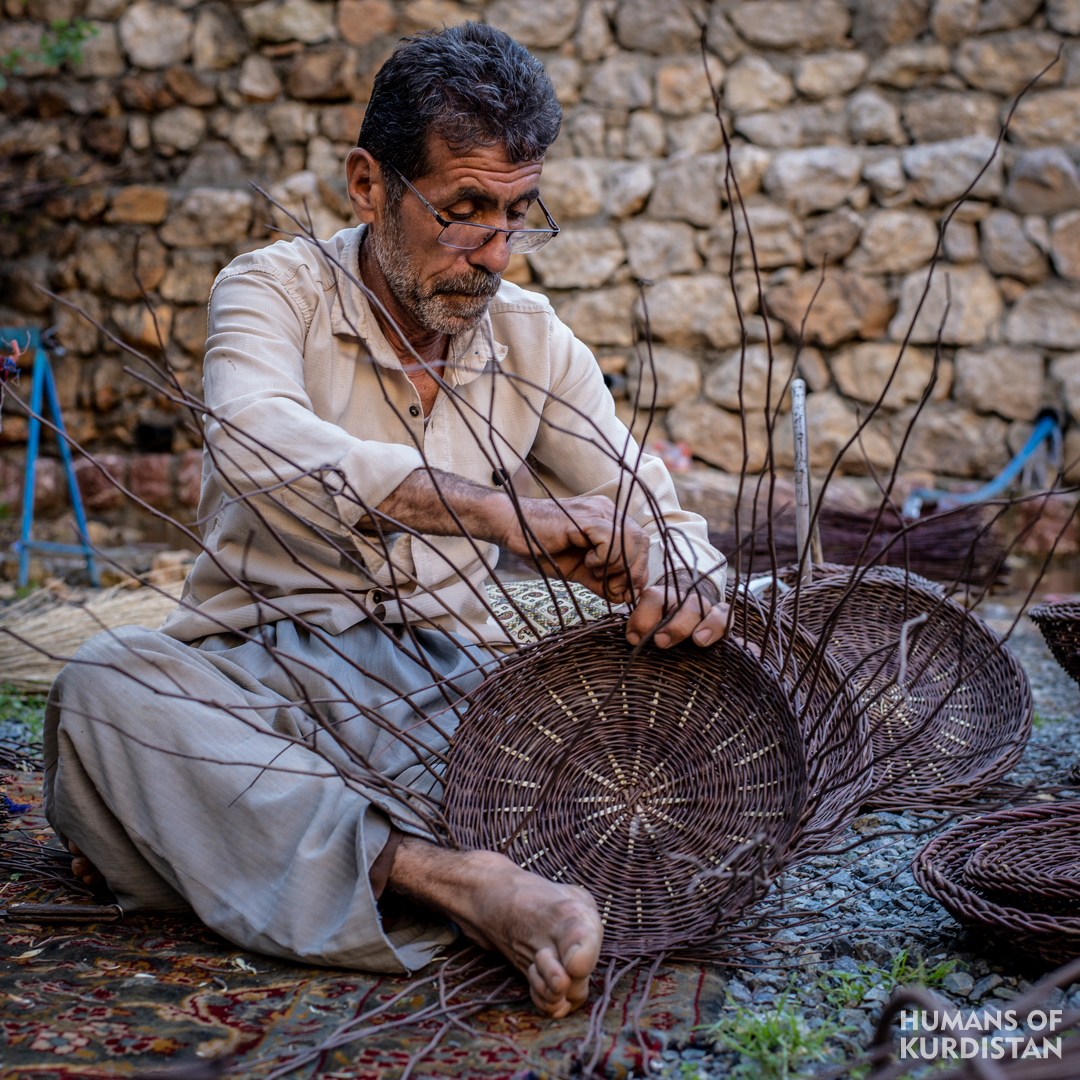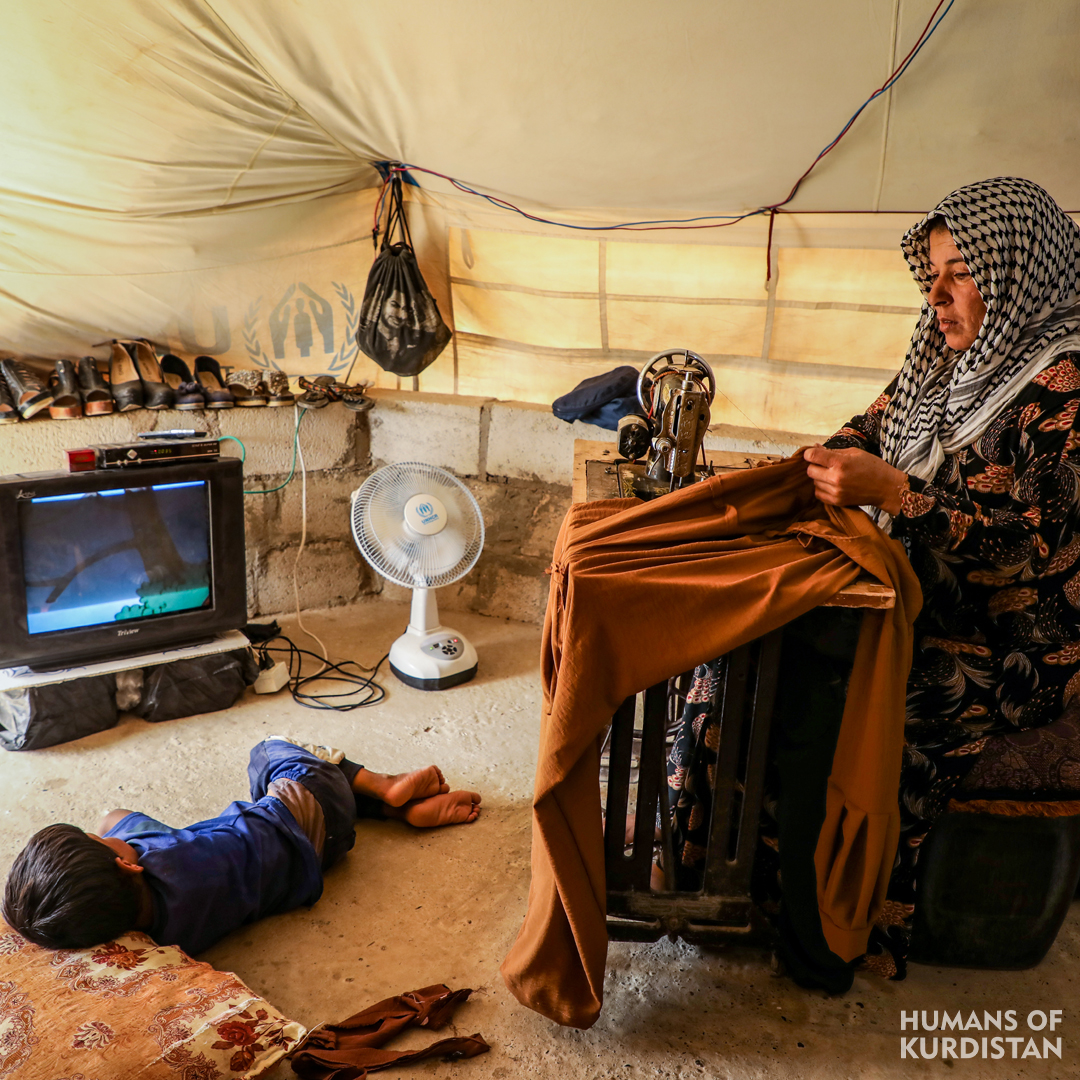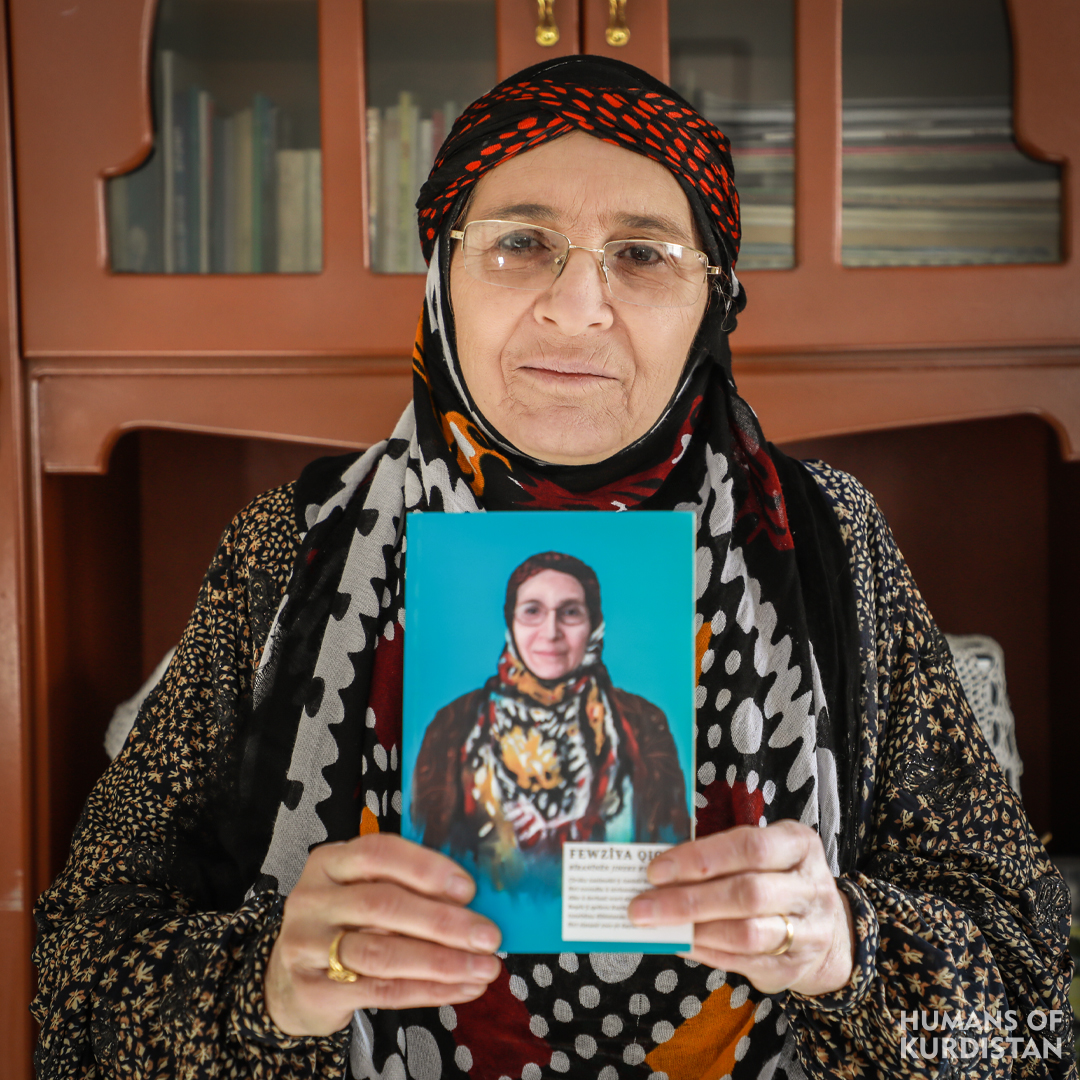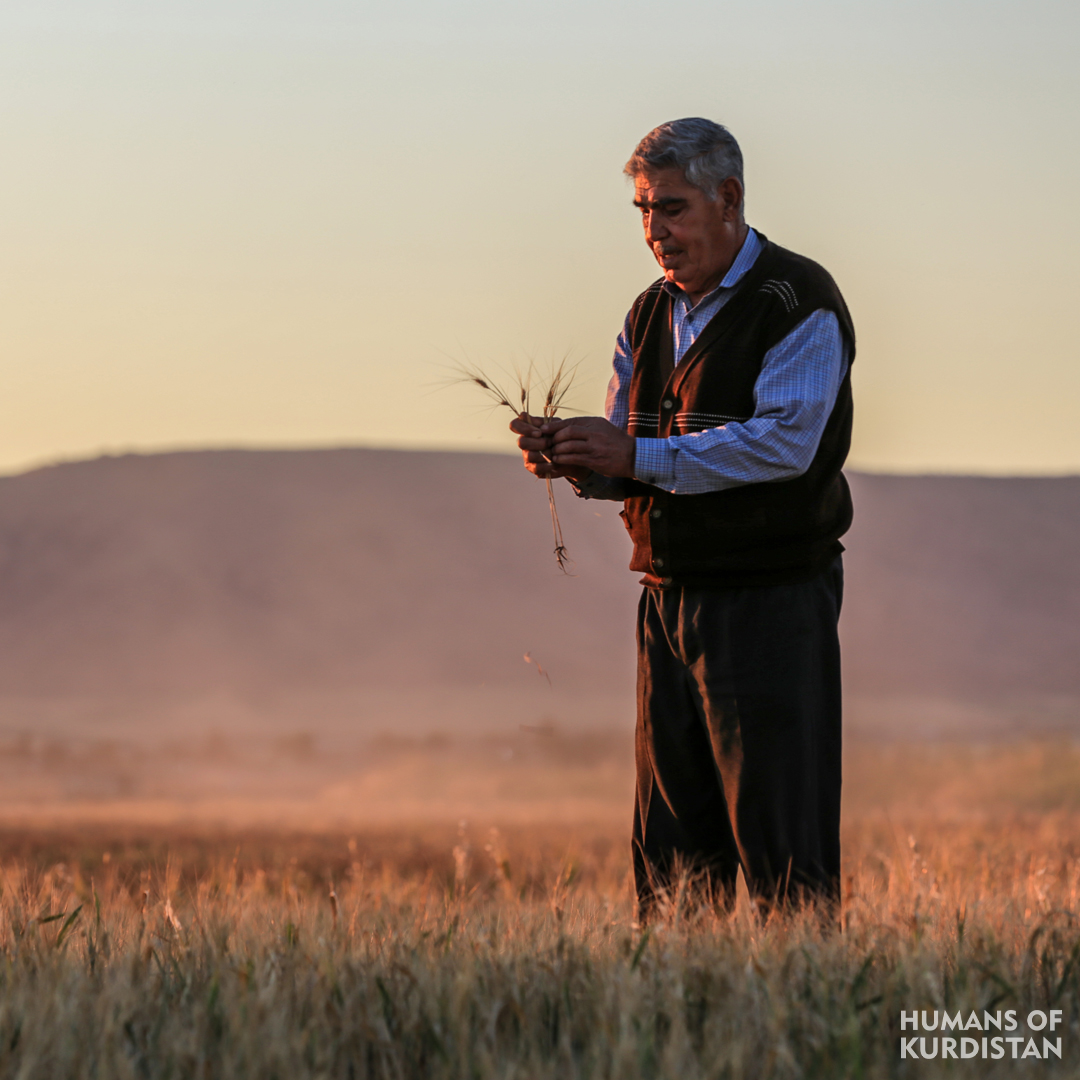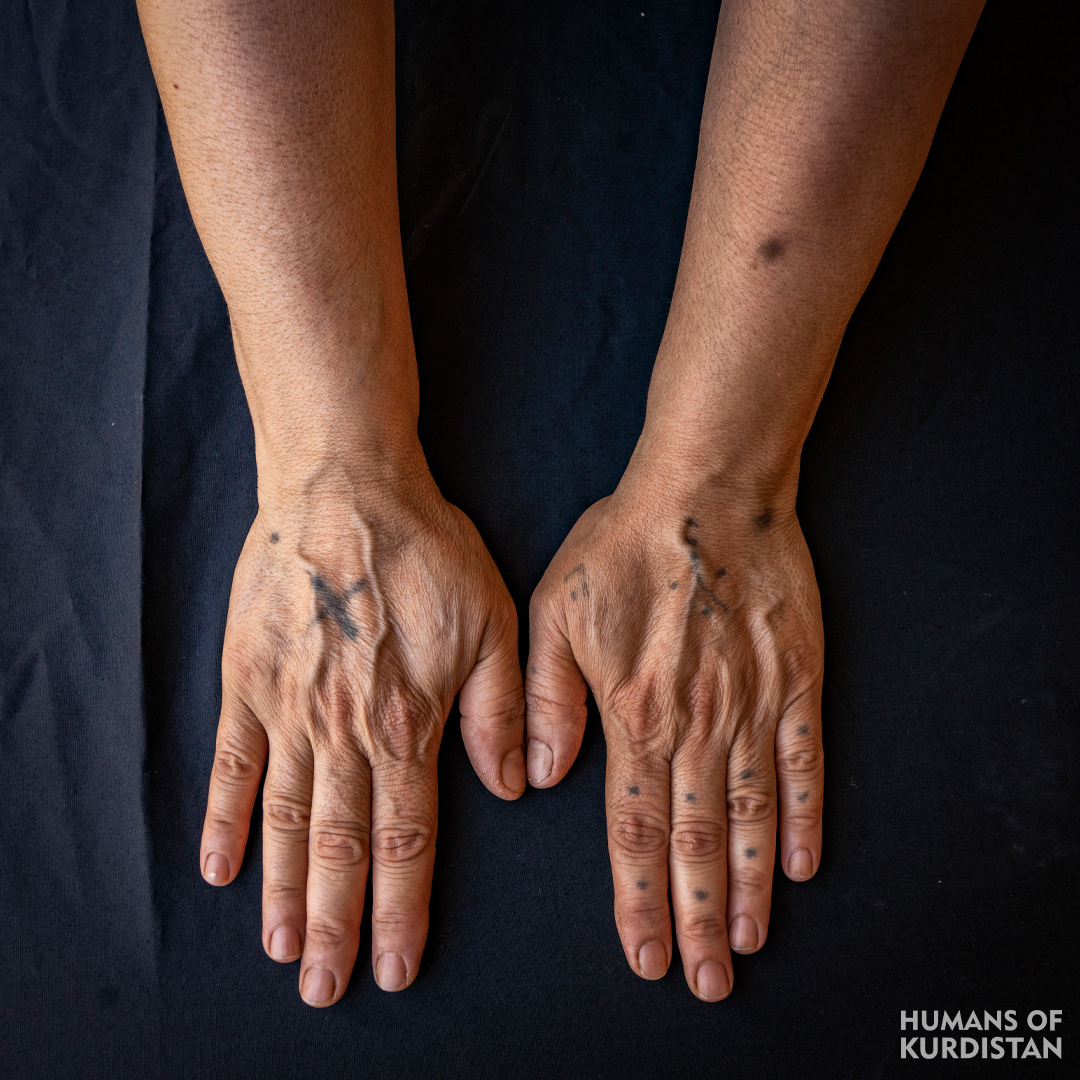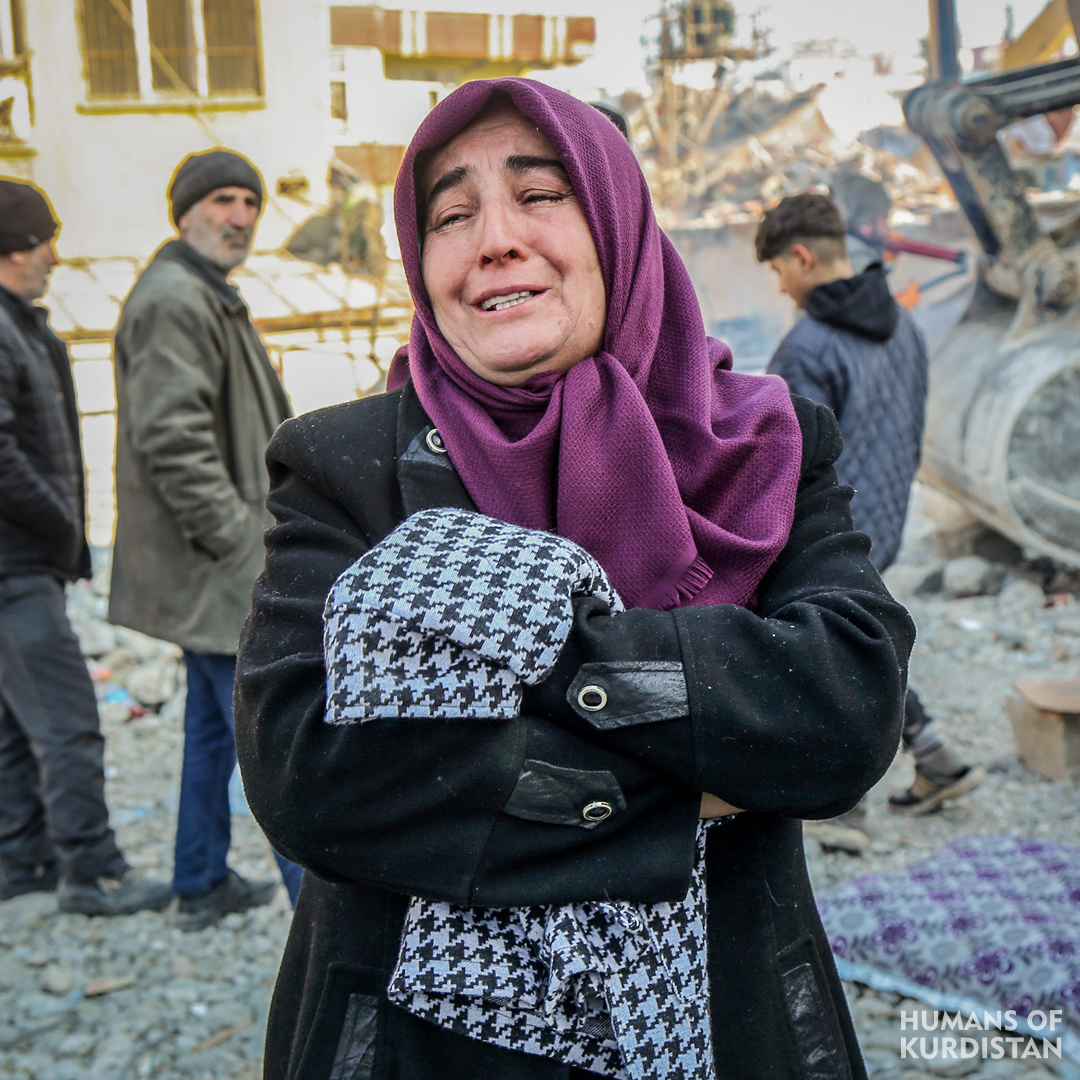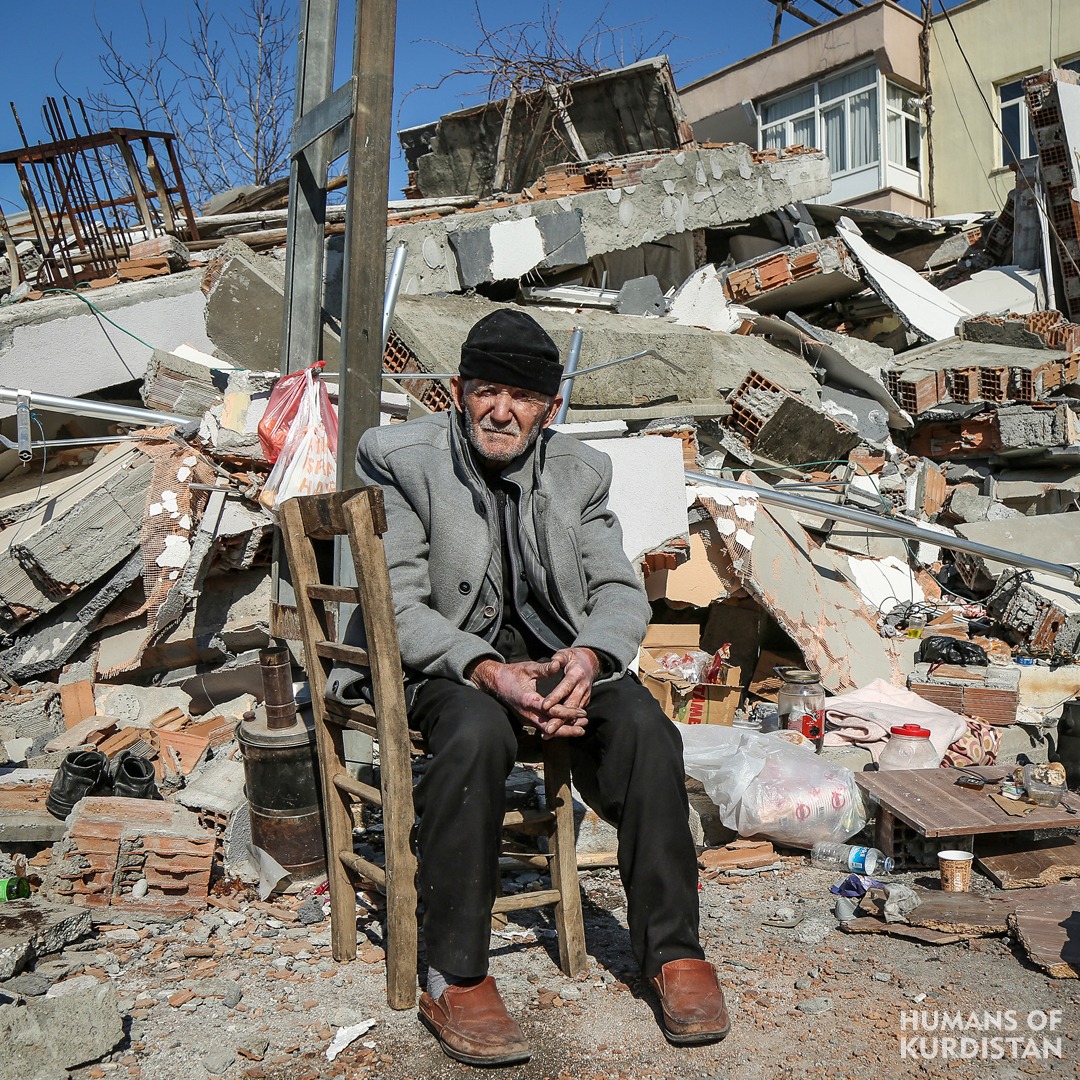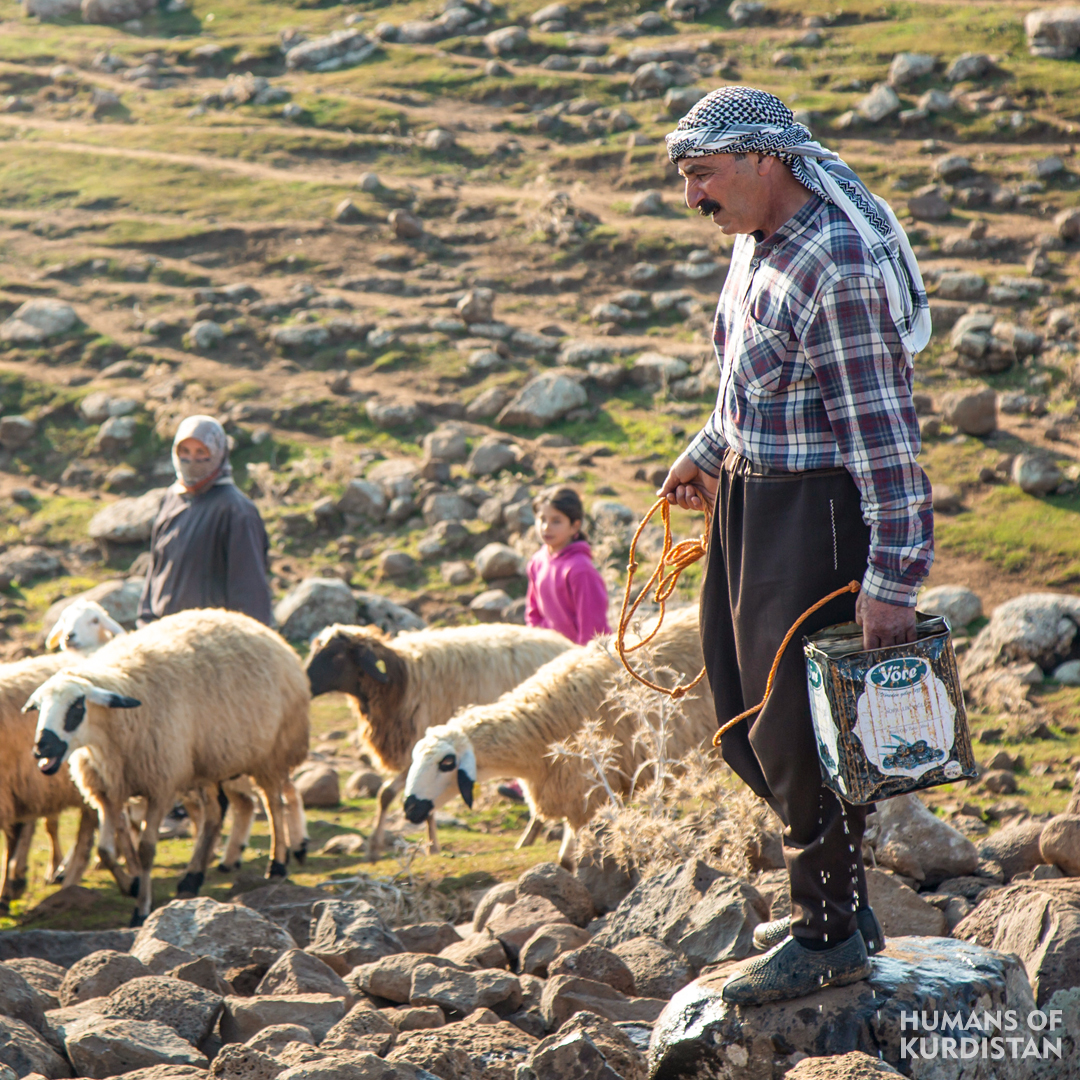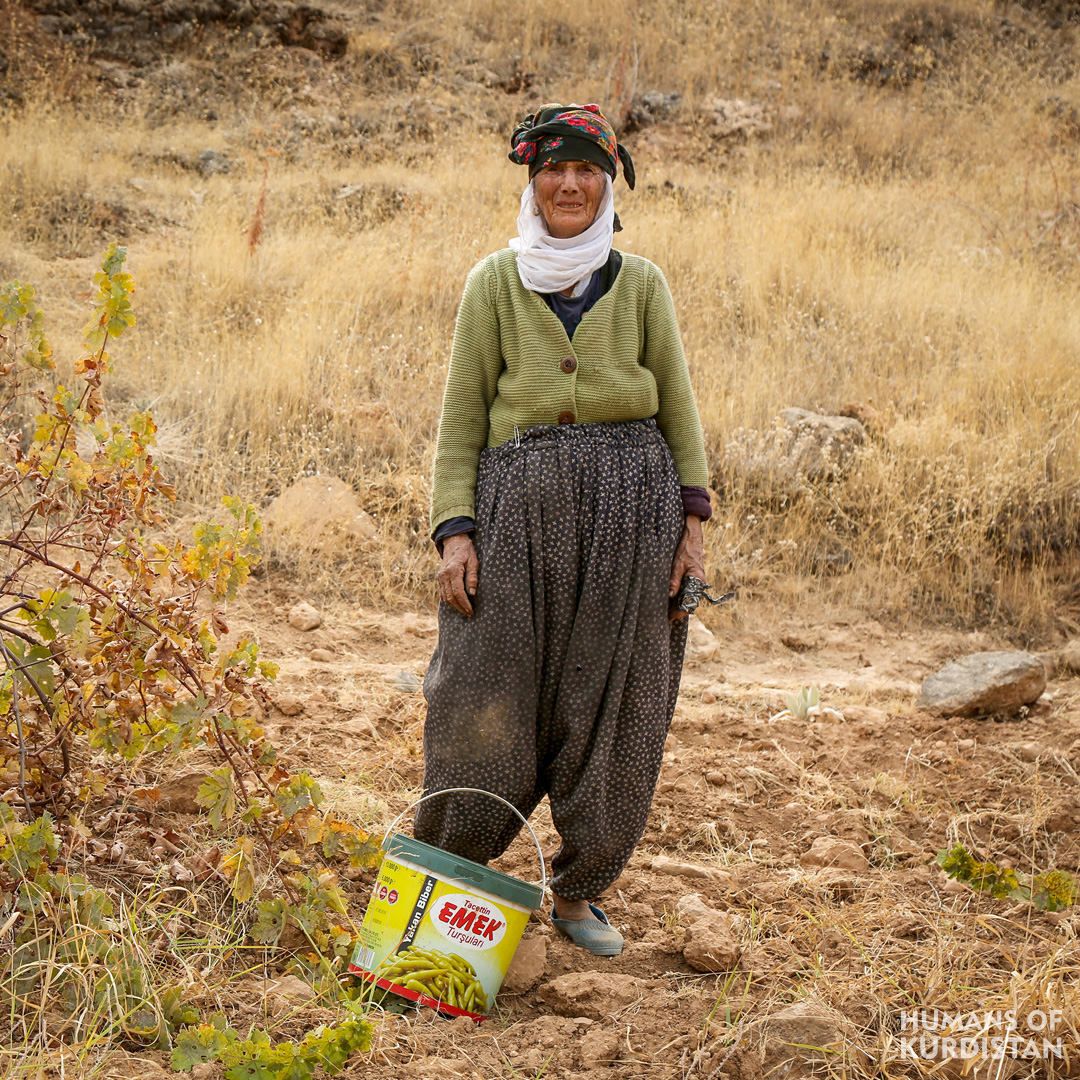May 9, 2023
“I am Ahmed Ibrahim 38 years old, from the city of Ras al-Ain, but I immigrated due to the attack of the Turkish occupation in 2019. I now live in Washokani Camp. I have been working in motorcycle repair since I was little. My work in the camp was good, but a few months ago, a motorcycle exploded in the camp, and because of that, it was decided that motorcycles would no longer be allowed there. This decision was good because it prevented other explosions but it was not good for me. I had no choice but to work as a blacksmith to care for my child.” ...


